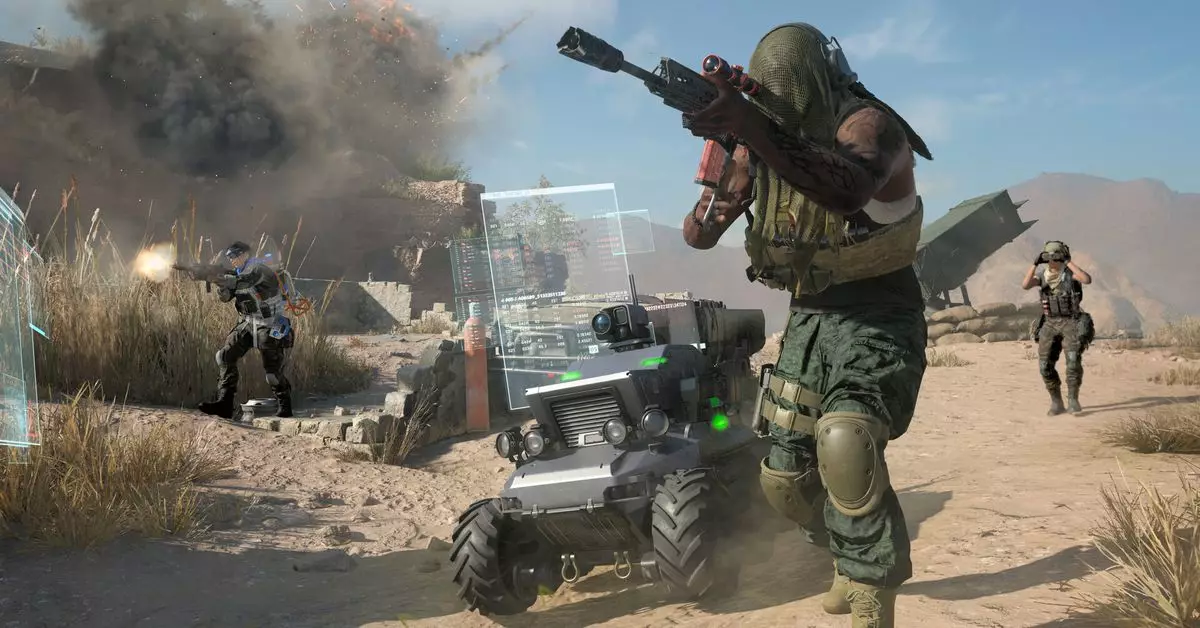The recent tragedy in Uvalde, Texas, where 21 individuals lost their lives in a school shooting, has sparked a controversial lawsuit against leading video game companies Meta and Activision. The families of the victims are holding these companies responsible for promoting the use of firearms to underage boys, which allegedly contributed to the shooter’s violent actions. This lawsuit raises important questions about the role of video game companies in shaping young minds and influencing real-world behavior.
The Lawsuit Allegations
The lawsuit claims that Meta and Activision knowingly exposed the shooter to weapons, glorified violence, and trained him to use firearms through their products. It suggests that the shooter’s excessive playing of Call of Duty contributed to his marksmanship skills and desensitized him to the consequences of using a weapon. Moreover, the lawsuit accuses Daniel Defense, the manufacturer of the AR-15 used in the shooting, of promoting its weapons to minors through social media platforms like Instagram. The families of the victims argue that these companies are complicit in grooming young individuals for violent acts.
Social media platforms like Instagram have been criticized for allowing gun companies to market their products to a younger audience. The aggressive marketing tactics employed by these companies, along with the glorification of combat and violence, raise concerns about the impact on impressionable minds. Despite rules in place to prevent the sale of firearms on these platforms, loopholes exist that allow minors to access and purchase weapons online.
The Legal Implications
The lawsuit against Meta and Activision raises complex legal questions surrounding the responsibilities of platforms and content creators in shaping societal norms. While Section 230 typically immunizes platforms from civil lawsuits based on user-generated content, targeted advertising practices may complicate this issue. The attorney for the Uvalde families argues that these companies go beyond enabling gun sales and actively contribute to the normalization of violence among adolescents.
Video game companies have long faced criticism for their alleged role in promoting violent behavior among players. However, research has consistently refuted the claim that video games cause real-world violence. Politicians and advocacy groups have often targeted video game companies following tragic events, yet lawsuits attempting to hold them accountable for individual actions have not succeeded in court.
The lawsuit against Meta, Activision, and Daniel Defense highlights the ongoing debate surrounding the influence of video game companies on real-world violence. While there are legitimate concerns about the marketing and promotion of firearms to minors, it is essential to distinguish between correlation and causation when addressing these complex issues. Moving forward, a nuanced approach that considers the broader societal factors contributing to violence is necessary to address these challenges effectively.


Leave a Reply